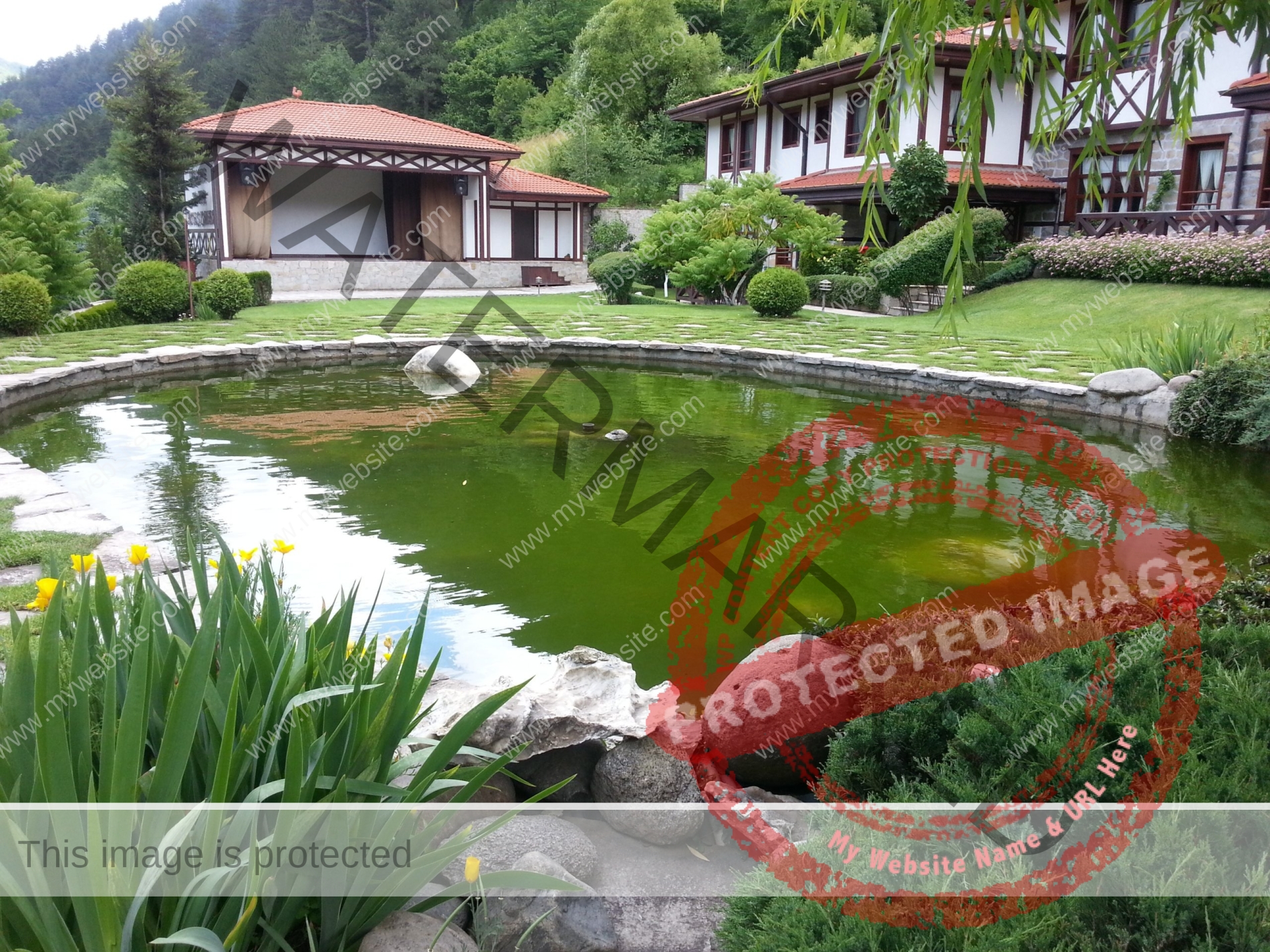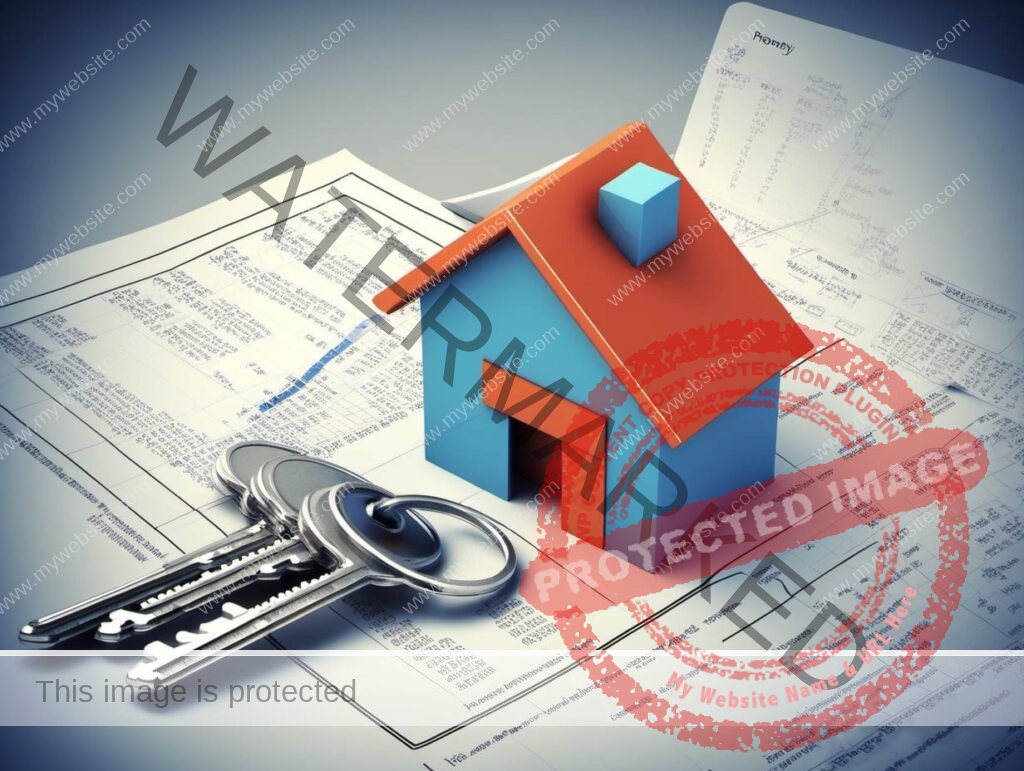In the dynamic and ever-changing landscape of the Taiping real estate market, the significance of evaluation and feedback cannot be overstated. As property values fluctuate and consumer preferences evolve, it becomes crucial for investors, developers, and real estate professionals to constantly assess and improve their strategies. In this article, we delve into the various aspects of evaluating and collecting feedback in the Taiping real estate market, exploring which measures are truly invaluable and worth improving upon. By understanding the most effective methods of evaluation and feedback, stakeholders can make informed and strategic decisions that will ultimately strengthen the market and benefit all involved.

Understanding the Key Metrics in Taiping Real Estate Market
When evaluating the Taiping real estate market, it’s important to focus on key metrics that provide valuable insights into the market’s performance. One crucial metric to consider is the average property price, as it indicates the overall value of real estate in the area. Understanding the average price can help both buyers and sellers make informed decisions about their investments.
Another significant metric is the number of property transactions within a given period. This data can reveal the level of activity in the market and indicate whether it’s experiencing growth or stagnation. Additionally, analyzing the average time properties spend on the market before being sold can provide valuable information about demand and market saturation. By focusing on these key metrics, stakeholders in the Taiping real estate market can gain a better understanding of its dynamics and make informed decisions.

Effective Strategies for Collecting Feedback from Real Estate Stakeholders
When it comes to evaluating and collecting feedback from real estate stakeholders in the Taiping market, it’s crucial to employ effective strategies that yield valuable insights. One way is to use different methods to address the different views of stakeholders, such as property owners, tenants, investors, and developers. By doing so, it allows for a comprehensive understanding of the market dynamics and facilitates improvements in the real estate sector.
One effective strategy is to conduct surveys that delve into the specific needs and preferences of different stakeholders. These surveys can encompass a range of topics such as property management, market trends, and investment opportunities. Additionally, hosting focus groups provides a platform for stakeholders to express their thoughts and concerns openly, ultimately contributing to a more holistic view of the real estate landscape. Moreover, leveraging digital platforms such as social media, websites, and email newsletters enables real-time communication and feedback collection, ensuring that stakeholders’ voices are heard and considered in decision-making processes.

Improving Data Collection Methods for More Accurate Market Evaluation
When it comes to evaluating and collecting feedback for the Taiping real estate market, there are various methods that can be used to ensure more accurate and comprehensive data. By improving data collection methods, we can gain valuable insights into the market trends and dynamics, ultimately leading to more informed decision-making processes. Some of the key areas where data collection methods can be enhanced include:
- Survey Design: Creating well-structured surveys that capture relevant information from both buyers and sellers can provide a more holistic view of the market.
- Utilizing Technology: Leveraging technology such as online platforms and data analytics tools can streamline data collection processes and enable real-time analysis of market trends.
- Engaging with Industry Experts: Seeking input from real estate experts and professionals can offer valuable insights into the market and help in identifying key evaluation metrics.
Besides these methods, it’s important to think about the types of feedback and evaluation metrics that are worth collecting and improving. This can include factors such as:
- Property Valuation Accuracy: Ensuring that the valuation methods used are reflective of the true market value of properties.
- Market Demand and Supply: Understanding the demand and supply dynamics in the real estate market to gauge market trends accurately.

Recommendations for Enhancing the Feedback Loop in the Taiping Real Estate Market
When it comes to enhancing the feedback loop in the Taiping real estate market, there are several key recommendations that can help improve the evaluation and feedback process. First, it’s important to collect comprehensive feedback from both buyers and sellers in the market. This means gathering not only information about the properties themselves, but also insights into the overall buying and selling experience.
Another key recommendation is to improve communication between all parties involved in the real estate market. This includes better sharing of information between real estate agents, buyers, and sellers, as well as more transparent communication about market trends and property evaluations. By enhancing the feedback loop in these ways, the Taiping real estate market can become more responsive to the needs and preferences of both buyers and sellers, ultimately leading to a more efficient and satisfying market experience for all involved.
Concluding Remarks
In conclusion, the evaluation and feedback of the Taiping real estate market are vital for understanding the current state of the industry and improving future developments. By collecting and analyzing relevant data, stakeholders can gain valuable insights to inform their decision-making processes and drive innovation. It is essential to prioritize the collection and improvement of feedback that is constructive, actionable, and representative of market trends. Ultimately, by fostering an environment of continuous feedback and improvement, the Taiping real estate market can thrive and better serve the needs of its community.





